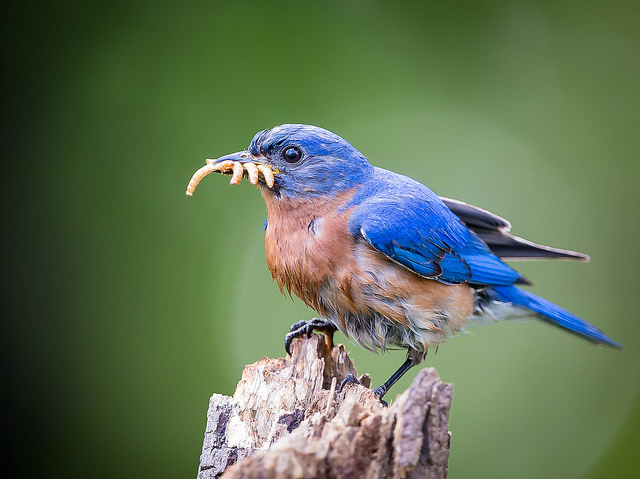Will I Lose Money if I Break Up With Twitter?

Photo credit: DC Gardens, CC BY 2.0.
I don’t like being on Twitter anymore.
It used to be almost like a conversation, a public asynchronous chat with friends and followers and people who might someday become your friends, which was kind of the attraction, right? An online party where you could make small talk, tell jokes, and maybe meet someone who would change your life.
Now it’s a place where people get attention for cutting threads; where the conversations have become links or lectures; where fear and shame are both self-selected and shared. Did you read this? Here’s why you should be worried. Here’s why what you read is wrong. Here’s why you are wrong.
Also, and always: Buy my thing.
I’ve used Twitter to promote my stuff. At this point that’s really all I use it for—here’s my next reading, here’s my latest Billfold story, here’s what I just posted on Lifehacker. It feels less like going to a party than taking out the recycling; something I do quickly, without loitering by the bins, mostly out of a sense of duty. I don’t know if it’s helping at all.
I keep thinking about breaking up with Twitter. What that might be like. I feel like we’d still need to maintain some kind of professional relationship—we do work together, after all—but I could just use one of those services that tweets out my various articles and upcoming book events and then I could stay away.
I could become known as one of those people who stays away.
That really only works if you’ve got something else to be known as. We care when certain people quit social media because we like their work, and we know we’ll have to work a little bit harder to keep up with them.
And I could be one of those people who makes the successful transition from social media renter to website homeownership and still have people want to visit me, even though I live a little further away from everything now.
The question, of course, is how to invite people to your parties. It seems like this is done through TinyLetter these days, and I dream of writing these long, detailed TinyLetters the way we used to write emails, with links to my newest Billfold and Lifehacker and Write Life posts at the bottom. And those posts would also be featured on my website, along with my own personal posts about self publishing or the book I’d just finished reading, and people would visit NicoleDieker.com on their own, without needing to follow a link on Twitter, just to see what was new.
Maybe they’d visit it every day.
Is that the new internet dream? To have a space of your own, where you can put the posts in chronological order? To invite people to subscribe to your newsletter or your RSS feed? To imagine yourself in 2006 again?
I still visit websites the old-fashioned way. Every morning, I open a bunch of tabs and go check in on my favorite writers and publications. I know I’m not the only person who makes the daily house calls, as it were. (I bet a lot of Billfolders have our site on tab, because that’s the way this type of community gets formed.)
But will I lose money—and will the publications I work for lose money—if I stop simultaneously posting my stuff to Twitter? Or Tumblr? Or Facebook?
I’m guessing yes. Even if it’s only a little bit of money, it counts.
So I don’t think I can break up with Twitter, or stop hanging out with social media. Not completely. I’ll still need to share links and reply to mentions and engage, at least a little bit, so I know what people are talking about. Because I need to stay current to do my work. Because I have to live in 2017 whether I want to or not.
But I’m planning on spending much less time on Twitter, at least until it becomes worth it again.
This story is part of The Billfold’s Money and Relationships series.
Support The Billfold
The Billfold continues to exist thanks to support from our readers. Help us continue to do our work by making a monthly pledge on Patreon or a one-time-only contribution through PayPal.
Comments